The (Real) All Fields Summer Reading List
Coming to you live from the Cyclades! It’s a reading list. I figured this would be about as safe an evergreen topic as I could prepare a month in advance. And yes, it’s a little different than our usual fare.
A few more disclosures:
Nothing here is ranked. There are 20 books in all, and their order is meaningless chaos. Interpret at your own risk. You’ve been warned!
You’ll find this is mostly fiction, which is mostly what I read. Sorry if that offends you. Good news is, there are plenty of reading lists out there.
Much of this list is not new. It’s all relatively new to me, but this isn’t a list of the hottest 2025 releases. This is just a bunch of books that I really enjoyed over the last few years (See that? I put years of work into this) and would happily recommend.
Needless to say, all of this was written by ChatGPT — are you not seeing all these em dashes? — but I’d like to think I prompted my heart into it. [Only joking. I wrote this. I promise. (But isn’t that exactly what a robot would say, too? Let’s move on.)]
The Breaks of the Game | David Halberstram (1981)
I said this wasn’t in ranked order, and it’s not. But I did think to start with the one full-on sportswriting book on this list, which many consider to be the Platonic ideal of literary sports journalism. Read this book and you may find you agree. I know I do. You’ll gain new appreciation for Bill Walton’s tragic, tortured career, but if you’re a younger fan, like myself, then a lot of these names will be new to you. They will also mean something to you by the time you’re finished. This is really high-level writing, and if you care at all about the ups and downs of a season, and how we mark time with sports, and what they can mean to a city, then you’ve come to the right place.
The Bee Sting | Paul Murray (2023)
This might be the fastest I’ve ever read a 650-page novel. We were on vacation at the time, which always helps, but I absolutely sprinted through this. To the point where I somehow did not regret lugging a 650-page book there and back. I think the best thing I can say about this one — and I hesitate to make this comparison, because it’s lofty — is that, in much the same way I feel about Fitzgerald, this is a relatively pedestrian story in the hands of an absolute master of style. You will care about these people, and they will disappoint you. Masterpiece.
The Sun Walks Down | Fiona McFarlane (2022)
I loved every moment of this book. It drops you smack dab in 1880s western Australia — everyone’s favorite setting — where a little boy has gotten himself lost in a dust storm, and then proceeds to defy most every convention of that setup. Instead, it presents the community from which he is missing, and all the colonial-era intricacies that make them one and apart. Transporting! Really great.
The Ghost Writer | Philip Roth (1979)
Philip Roth was audacious. It was not a small part of his whole approach. Starting with Portnoy’s Complaint, which is nothing if not frank, he just kept writing books that you couldn’t believe he had the nerve to write. This one invents his famous alter ego Nathan Zuckerman in proper, setting the young novelist in search of validation from an old master. The concept of identity, in all its many forms, weighs heavily in this one. I like Roth’s work a lot, and I’m not sure I like any of his books more than this one.
Pale Fire | Vladimir Nabokov (1962)
If Philip Roth’s autofiction isn’t quite meta enough for you, then you can always go a layer deeper here with your old pal Vlad. This is easily the most arthouse pick of the whole bunch, and definitely the least beach-read-y. Chet Holmgren would hate this book, and I won’t lie to you, you might too. It’s a toughie. But it’s a stunner. Come for the 999-line poem, stay for the bitter, self-aggrandizing commentary that follows. You’ll never read anything else like it.
What Is Not Yours Is Not Yours | Helen Oyeyemi (2015)
I’ll read anything by Oyeyemi, but this is still my favorite. It’s the only short story collection on this list, and I know that’s not for everybody, but you’ll find such a range of imagination on display here that I basically have to recommend it. It would be irresponsible not to. She’s as stylistically inventive as anyone writing today, full stop.
The Mountain Lion | Jean Stafford (1947)
What gets me about this one is that it’s very, very difficult to believably write from the perspective of a child when you are… not a child. Room was good at that. (Remember when Brie Larson won an Oscar for that movie, narrowly out-Irish-novel-adaptation-ing Saoirse Ronan in Brooklyn?) And The Mountain Lion is very, very good at that. You really feel the two protagonists, a pair of young siblings, growing up at different paces. Jean Stafford wrote a lot of great short stories, and this is her best novel.
Poisonwood Bible | Barbara Kingsolver (1998)
I will also read anything by Barbara Kingsolver. This is my favorite. There’s a lot of colonial history baked in here, so if you’ve ever found yourself wondering about the Patrice Lumumba years in the DRC, this one’s for you. Oh, and then there are the nigh-on biblical consequences for the misguided family of Southern Baptist missionaries that tries to ignore the revolution taking place around them.
Me Talk Pretty One Day | David Sedaris (2000)
A good book cover communicates the vibe you’re about to enter. This one gets it. Sedaris doesn’t bother much with putting on a polished, “authorly” facade. He’ll tell you exactly what happened, and you will laugh at how he chooses to put it. For my money, he’s one of the funniest people alive. (His first Conan Needs a Friend episode might be the hardest I’ve ever laughed at a podcast.)
Good Material | Dolly Alderton (2023)
Books should be fun to read, and this one’s a lot of fun to read. It’s not overly prescriptive in the way it analyzes the failed relationship at its core. It’s not telling you that anyone is out and out wrong, basically. It just gives you a lot to work with in terms of why some people choose to be with one another, and why others don’t. Plus, it’s funny. You will laugh!
The Sirens of Titan | Kurt Vonnegut (1959)
We remain in the fun zone! I’m sure I’m not the first to come to this realization, but I couldn’t help but see some rather prescient parallels between the characters in this book — who have some great names, by the way; Winston Niles Rumfoord, Malachi Constant — and the space-faring tech moguls of our current moment. Vonnegut’s gift is to ably straddle the line(s) between insightful social commentary and full-on absurdity. Here might be the best example.
Empire of Pain | Patrick Radden Keefe (2021)
Oof. We’re not having fun anymore, are we? But if you’ve ever been curious about the corporate origins of America’s opioid epidemic, this is a mighty good place to dive in. The picture it paints is not a flattering one. As a bonus, if you’d like to subject yourself to really feeling how that epidemic has manifested itself in human terms, you can always turn to Barbara Kingsolver’s latest, Demon Copperhead. That’ll put you right on your ass too. (Or Say Nothing, the other devastating Patrick Radden Keefe book, which is even better. Incredible stuff.)
A Thousand Acres | Jane Smiley (1991)
We’re still crying here. I have to cop to that. Don’t expect to leave this one unshaken, but man. I never knew I needed King Lear on Iowa farmland. Now I do. A deserved Pulitzer winner that pulls off the difficult trick of adapting Shakespeare with something more to say, over and above the source material itself. I found a beautiful old NYT review that says all this better than I can, so go listen to Ron Carlson in 1991. He’s right.
Rabbit Hutch | Tess Gunty (2023)
The author is a friend of a friend, so I was in the bag for this one before I read it. But I’ve told everybody about this one, and I’ve meant it every time. One of the highest compliments you can pay a book is to call it unique, and it is certainly that. There’s a distinct voice, there’s a smattering of characters you’re unlikely to encounter anywhere else, and there are some fascinating concepts running through the center. Really looking forward to her next one, which doesn’t have a date yet. It’s called Honeydew. That’s all I know! Sorry. Ask Knopf.
Interior Chinatown | Charles Yu (2020)
Alright, alright. Back to fun. While the book wrangles with some real and serious issues — in the main, the downstream effects of Hollywood typecasting Asian-Americans — it does so with a very funny voice, tone, and structure, all of which elevate rather than subtract from what Yu’s trying to say. You will think and laugh, both deeply.
Lonesome Dove | Larry McMurtry (1985)
I just loaned this to someone on this mailing list. (Hey Seb!) And even if he were to come back and tell me he hated it — you wouldn’t do that, would you Seb? — I’d tell him he was dead wrong. I’d say it to his face! Because you don’t have to love westerns to love Lonesome Dove. Like The Bee Sting, this one is both a giant book and compulsively readable. The prose is no-nonsense, the dialogue shimmers. You really root for those guys to figure it out, just as I’m rooting for you to read this book.
Tomorrow, and Tomorrow and Tomorrow | Gabrielle Zevin (2022)
One of those really buzzy books you saw in the window of every Barnes & Noble/McNally Jackson/Waterstones for years now, which… just so happens to be entirely deserving of that buzz! I loved this one. I think of this as the somewhat rare book that is both excellent and recommendable to just about anybody. That and the video game elements truly spoke to a pre-teen, Gameboy-tethered Mikey.
Same Bed, Different Dreams | Ed Park (2023)
Enthrallingly weird. I couldn’t put this one down either, and I had so much fun jumping between the many books that exist within this book, which happens to include a very All-Fields-friendly reverie on the time the Buffalo Sabres’ GM got fed up with how long the NHL draft was and decided to draft a made-up Japanese player in the 70s. Thus Taro Tsujimoto was born. To plug that into a story about the many echoes of the Korean War, an all-encompassing tech giant, and serialized science fiction is a feat not many writers could pull off. Ed Park lands the plane.
White Teeth | Zadie Smith (2000)
This one’s cheating; I read this in college. Zadie Smith came to our school that year and — I hope she won’t mind my saying — while I didn’t think the book she was promoting then (NW) was her best, I quickly found that this was. This is one of those debut novels that doesn’t feel like it could possibly be anyone’s debut. There’s a sense of control over the narrative that feels special, because it is.
Middlesex | Jeffrey Eugenides (2002)
My favorite description of what I like to read comes from the brilliant short story writer Aimee Bender, who said this in an interview a few years back. I return to it a lot: “It ultimately comes down to language. When something is told in a way that feels specific to that particular writer, then the story can go anywhere and I will happily follow. I don’t think I read for plot or even character — I read for something living below the words that drives both of those things and shows up in the sentences.” Same! And for me, that aptly describes this gem of a book from Eugenides. It’s an excellent version of a format we all know and love, that of the multi-generational epic.
That’s all for now, so please accept this brief divergence from sports news and read a book or something. I’ll be taking next week off, for the first time ever. Because if you can’t miss a newsletter for your honeymoon, when can you? But I do promise I’ll have some more Book Corner stuff for you guys on the other end of some reading time.
See you on 7/11. Till then!




![The Breaks of the Game [Book] The Breaks of the Game [Book]](https://substackcdn.com/image/fetch/$s_!l-nX!,w_1456,c_limit,f_auto,q_auto:good,fl_progressive:steep/https%3A%2F%2Fsubstack-post-media.s3.amazonaws.com%2Fpublic%2Fimages%2F06acbbb8-8b76-4d34-b1d8-fd5291033cc4_1706x2560.jpeg)
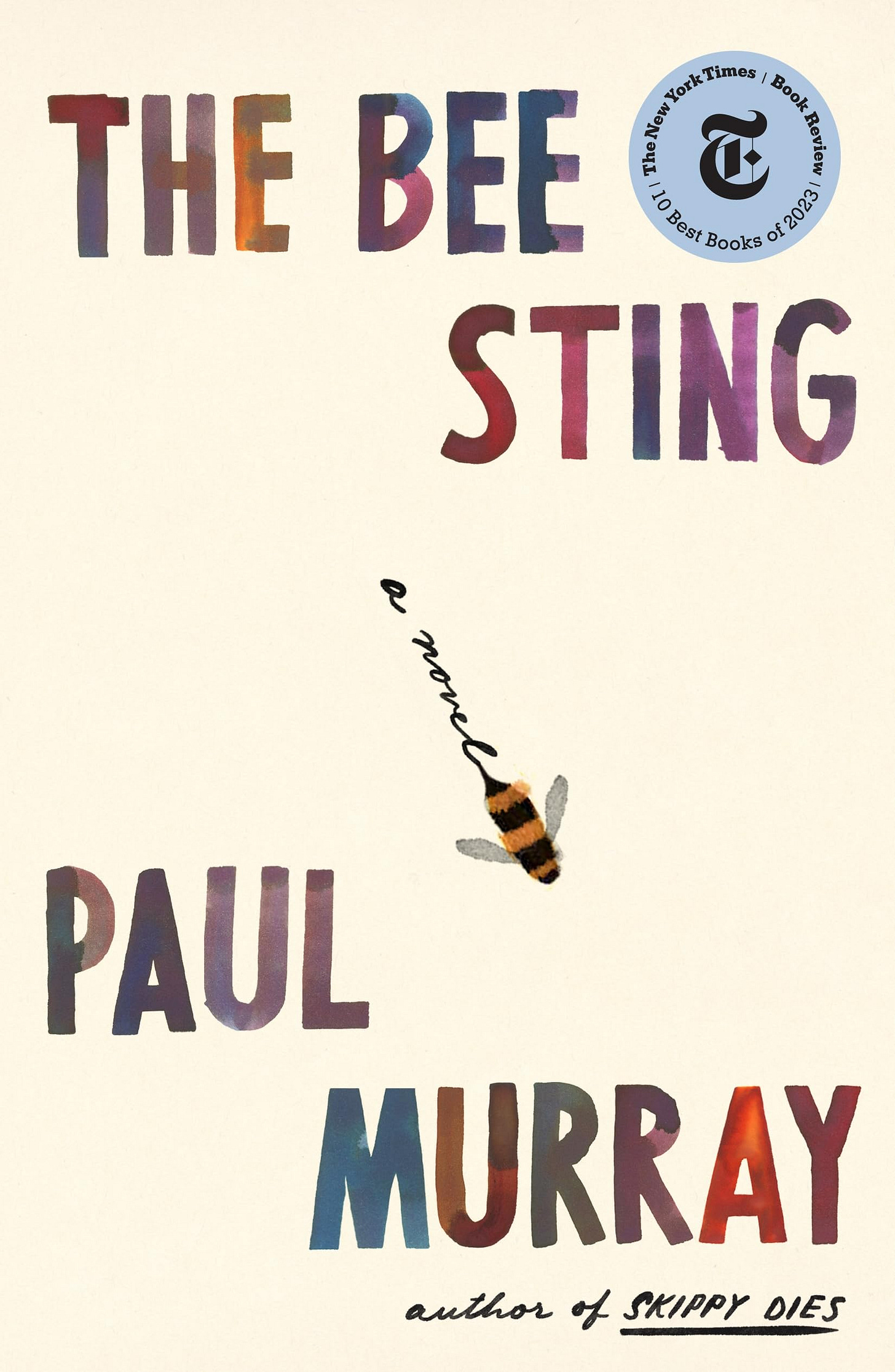
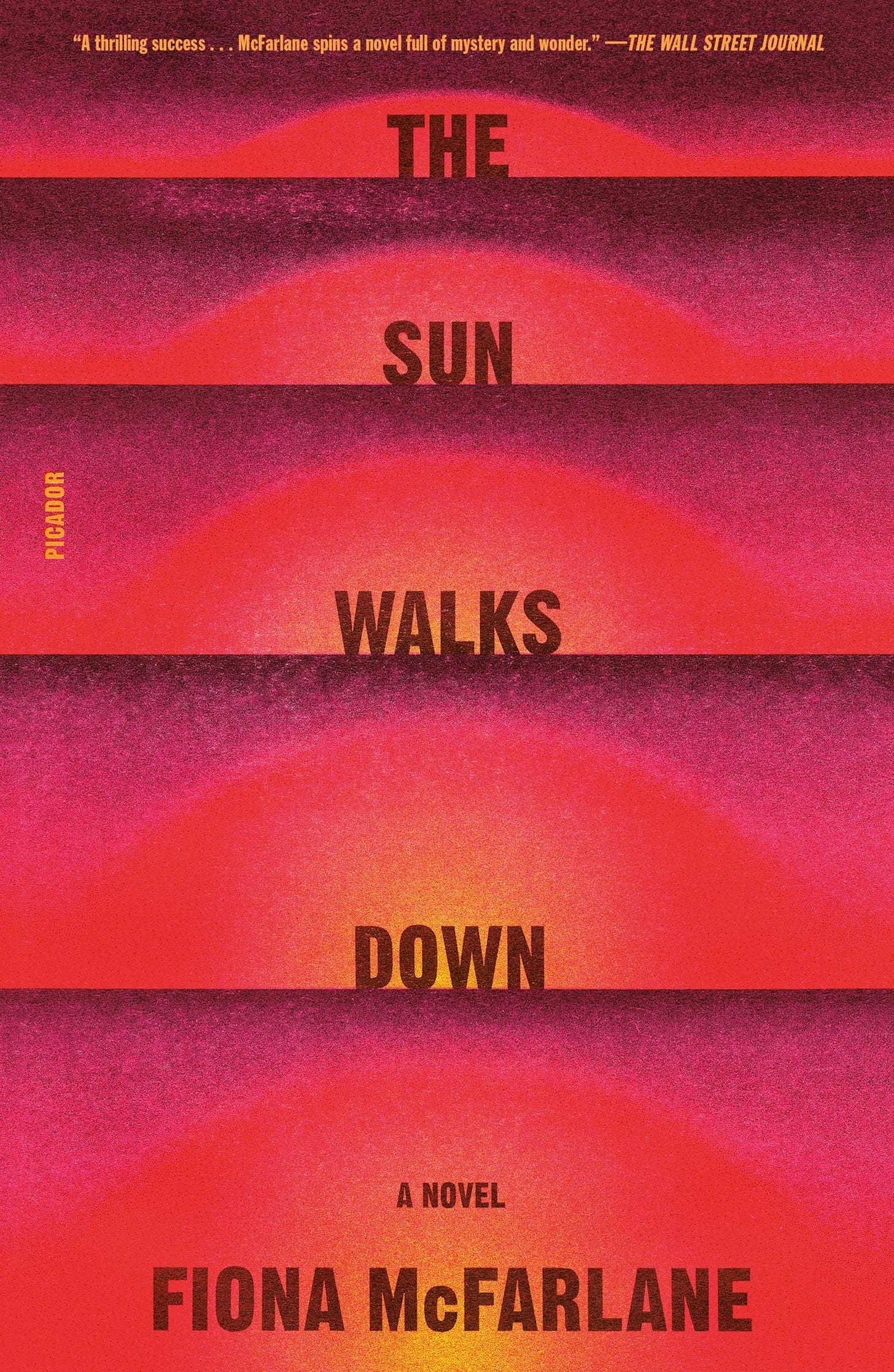
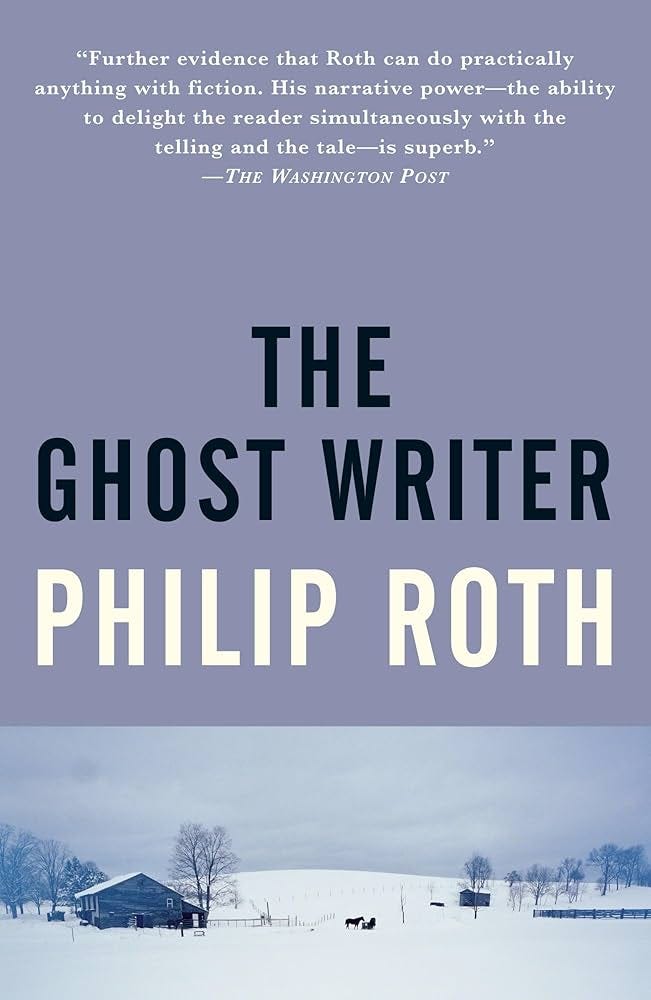
![Pale Fire [Book] Pale Fire [Book]](https://substackcdn.com/image/fetch/$s_!tThU!,w_1456,c_limit,f_auto,q_auto:good,fl_progressive:steep/https%3A%2F%2Fsubstack-post-media.s3.amazonaws.com%2Fpublic%2Fimages%2F3a573ce3-a8c1-42f7-8f18-748eb52b96ba_778x1200.jpeg)
![What Is Not Yours Is Not Yours [Book] What Is Not Yours Is Not Yours [Book]](https://substackcdn.com/image/fetch/$s_!tjfR!,w_1456,c_limit,f_auto,q_auto:good,fl_progressive:steep/https%3A%2F%2Fsubstack-post-media.s3.amazonaws.com%2Fpublic%2Fimages%2Fc8bcc53d-3479-4f11-9970-f0113d77021b_1533x2399.jpeg)
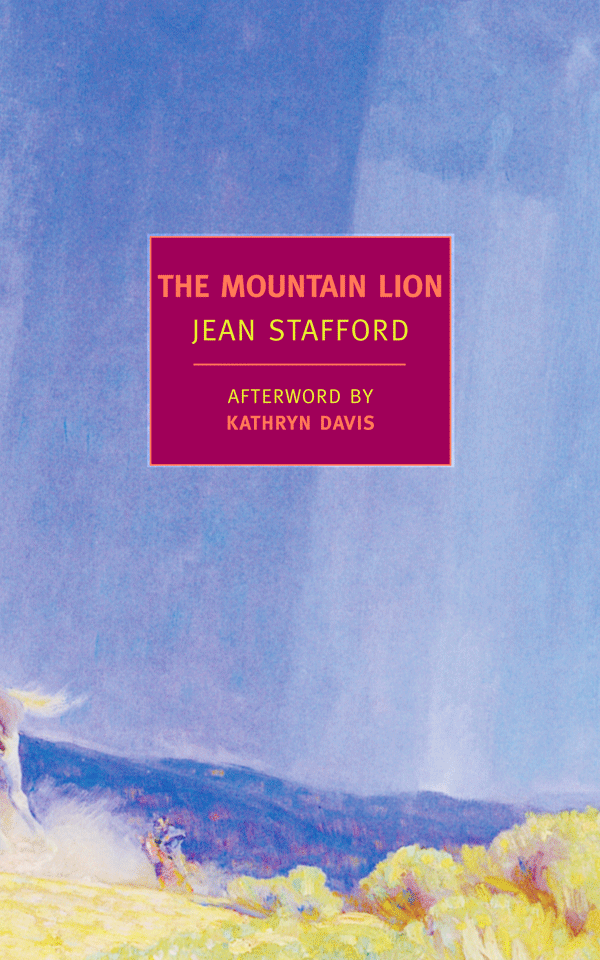
![The Poisonwood Bible: A Novel [Book] The Poisonwood Bible: A Novel [Book]](https://substackcdn.com/image/fetch/$s_!gKQC!,w_1456,c_limit,f_auto,q_auto:good,fl_progressive:steep/https%3A%2F%2Fsubstack-post-media.s3.amazonaws.com%2Fpublic%2Fimages%2F09e68daf-1307-44df-902b-f491ade5eba4_1594x2400.jpeg)
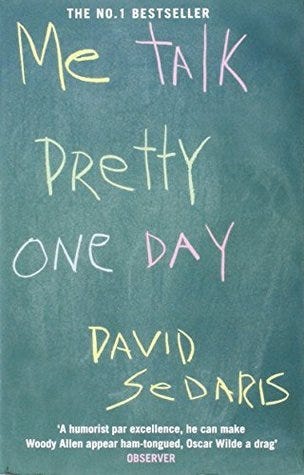
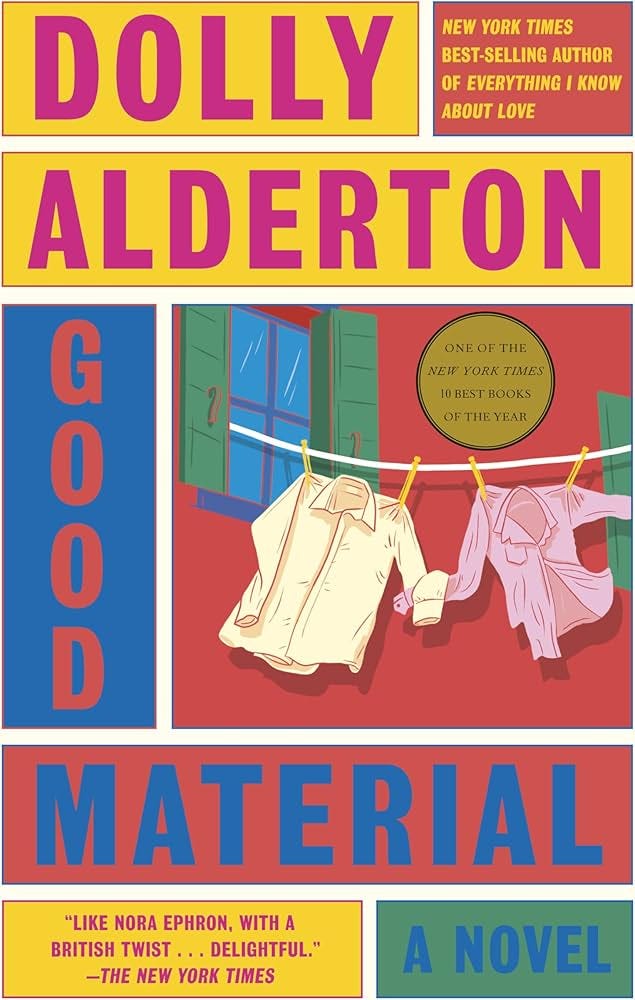
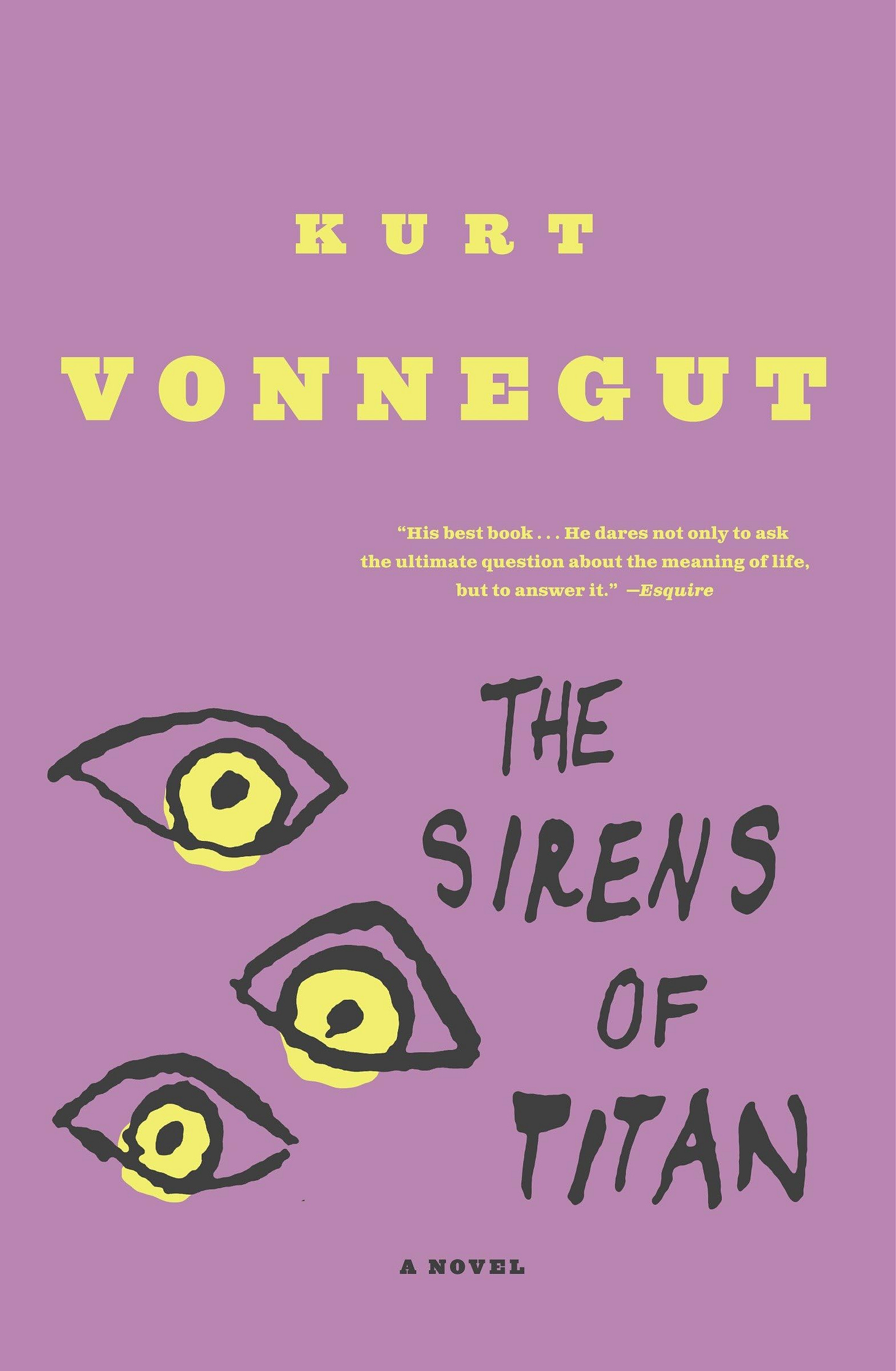
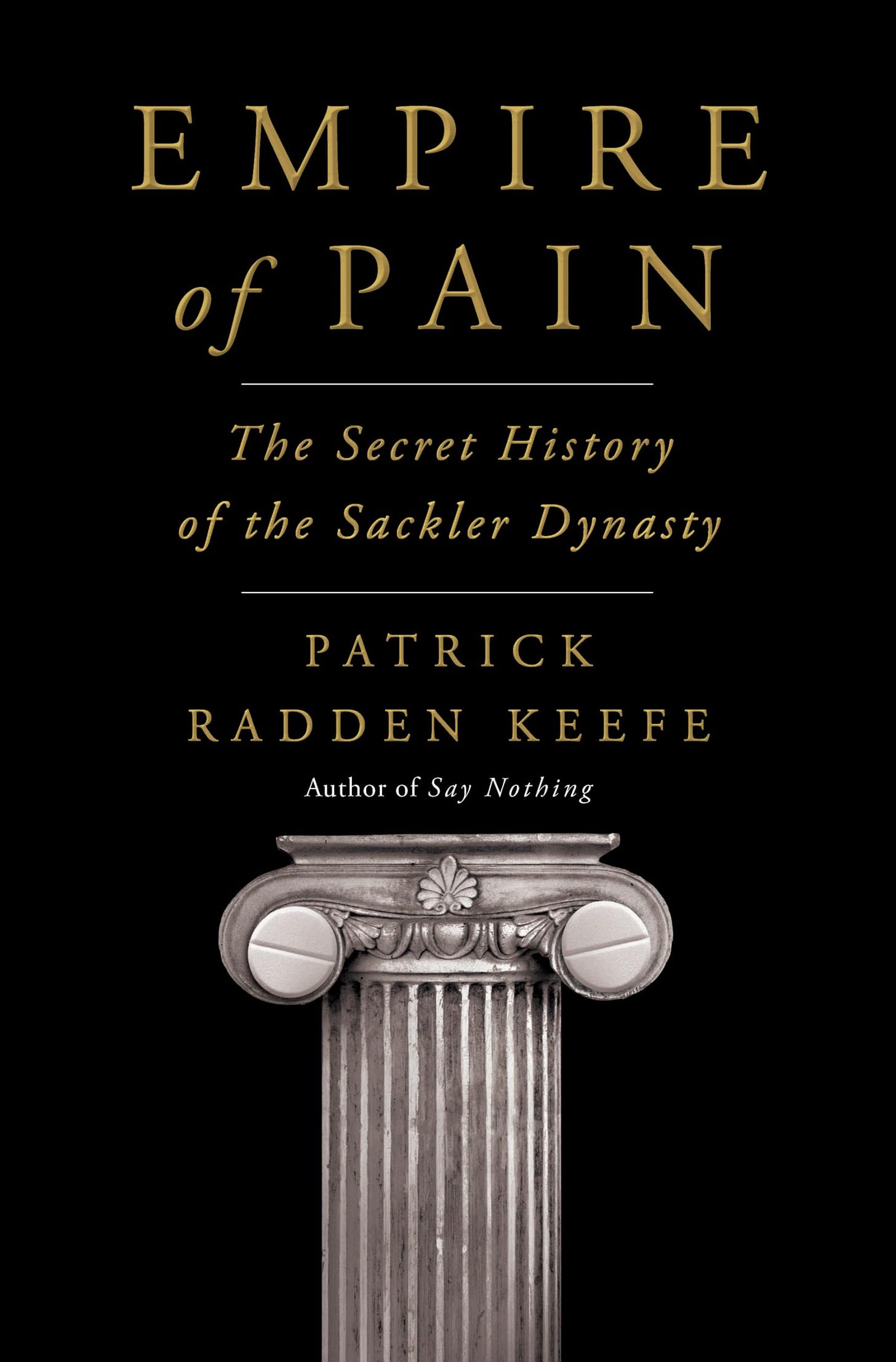
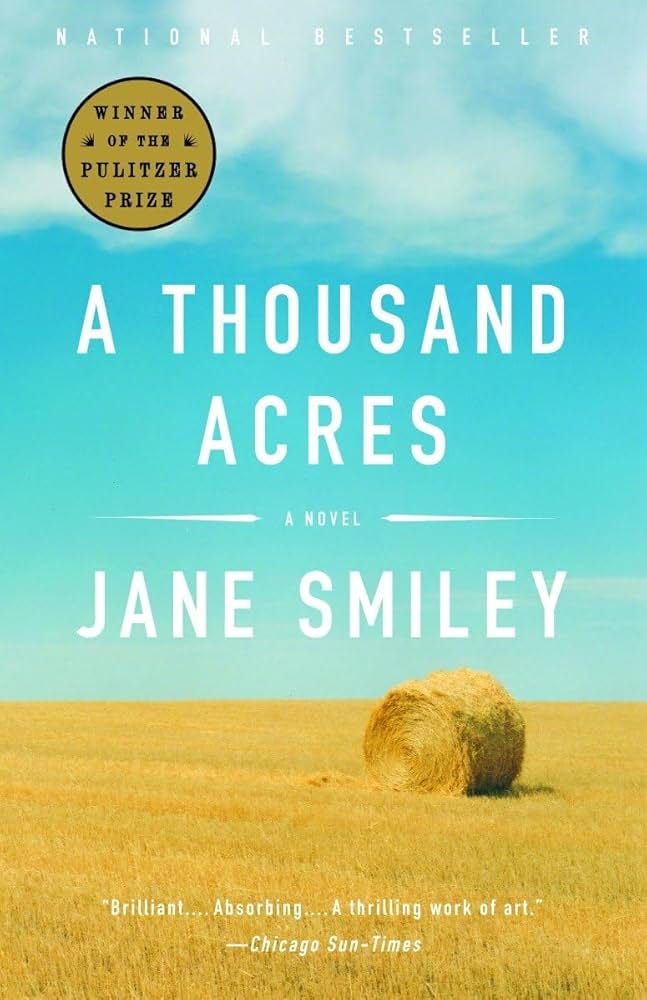
![The Rabbit Hutch: A Novel [Book] The Rabbit Hutch: A Novel [Book]](https://substackcdn.com/image/fetch/$s_!3EoC!,w_1456,c_limit,f_auto,q_auto:good,fl_progressive:steep/https%3A%2F%2Fsubstack-post-media.s3.amazonaws.com%2Fpublic%2Fimages%2Fc3d0993c-63d7-4dc6-ae48-8fd5910cc774_1718x2560.jpeg)
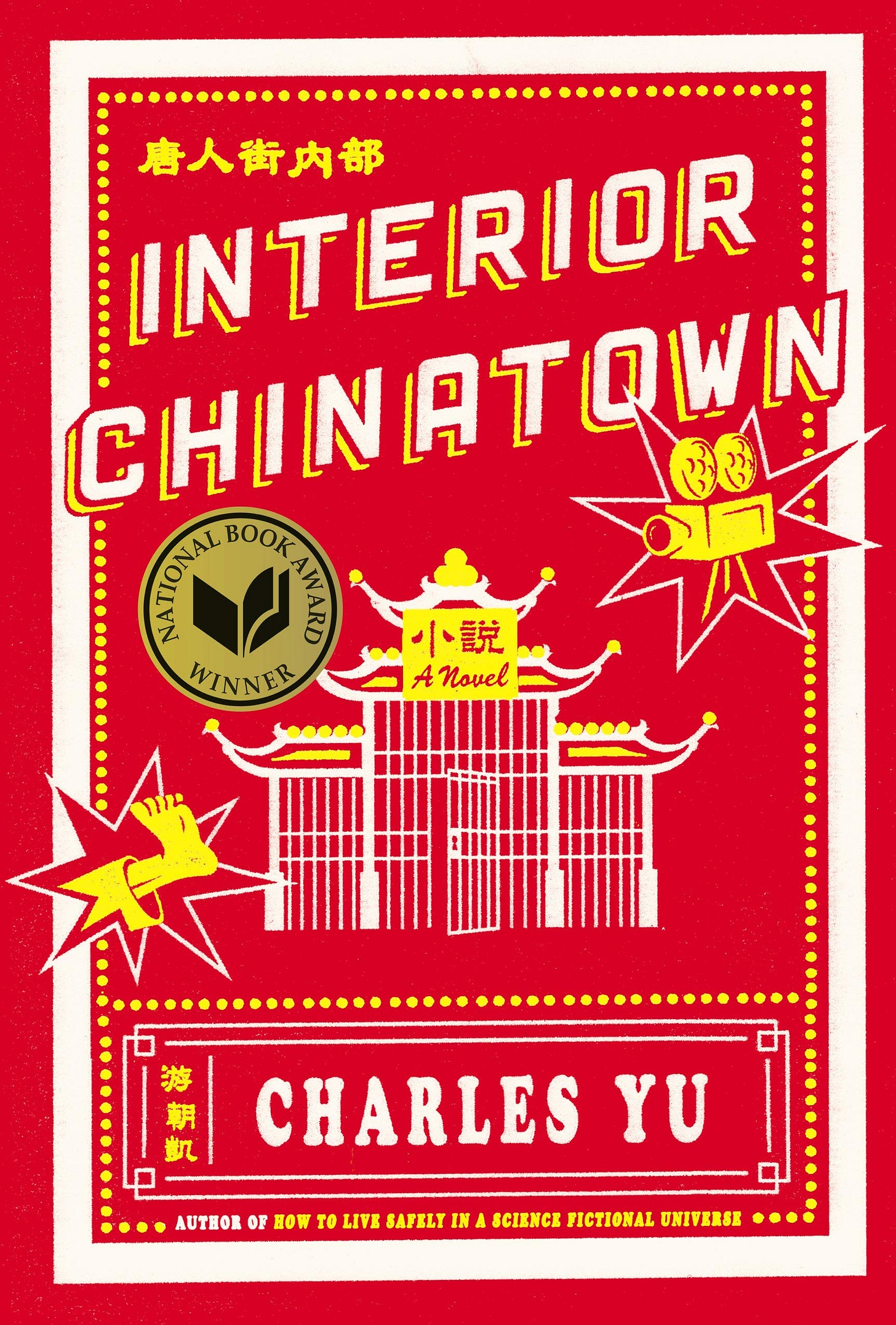
![Lonesome Dove [Book] Lonesome Dove [Book]](https://substackcdn.com/image/fetch/$s_!M0Fa!,w_1456,c_limit,f_auto,q_auto:good,fl_progressive:steep/https%3A%2F%2Fsubstack-post-media.s3.amazonaws.com%2Fpublic%2Fimages%2F5f5e8e95-6606-438c-97b0-59af32258034_1575x2400.jpeg)
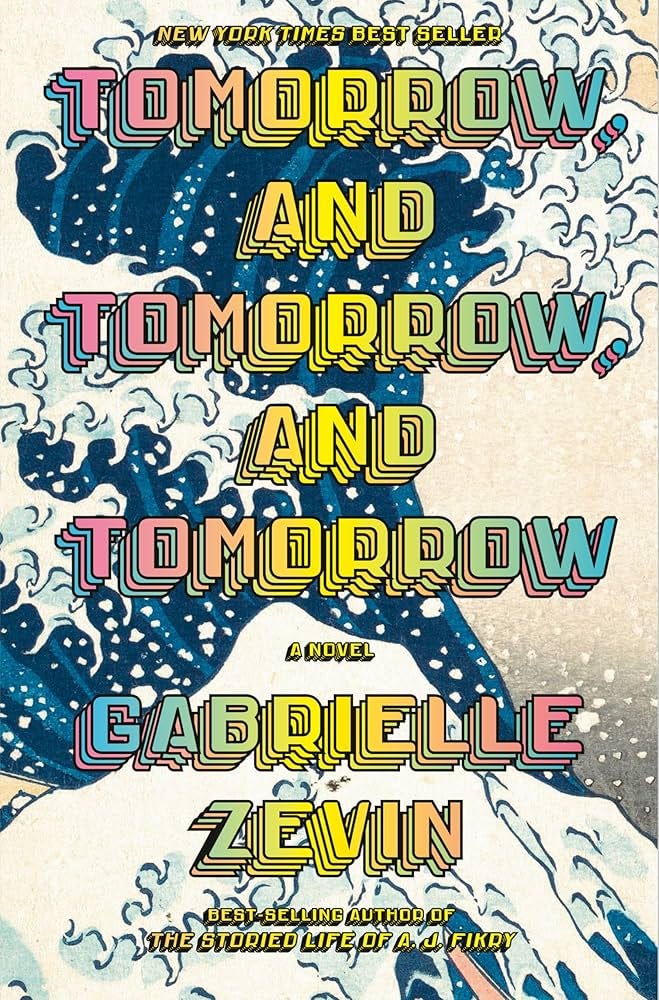
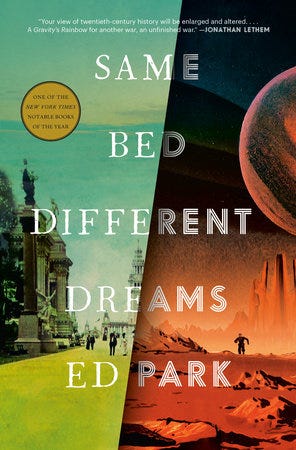
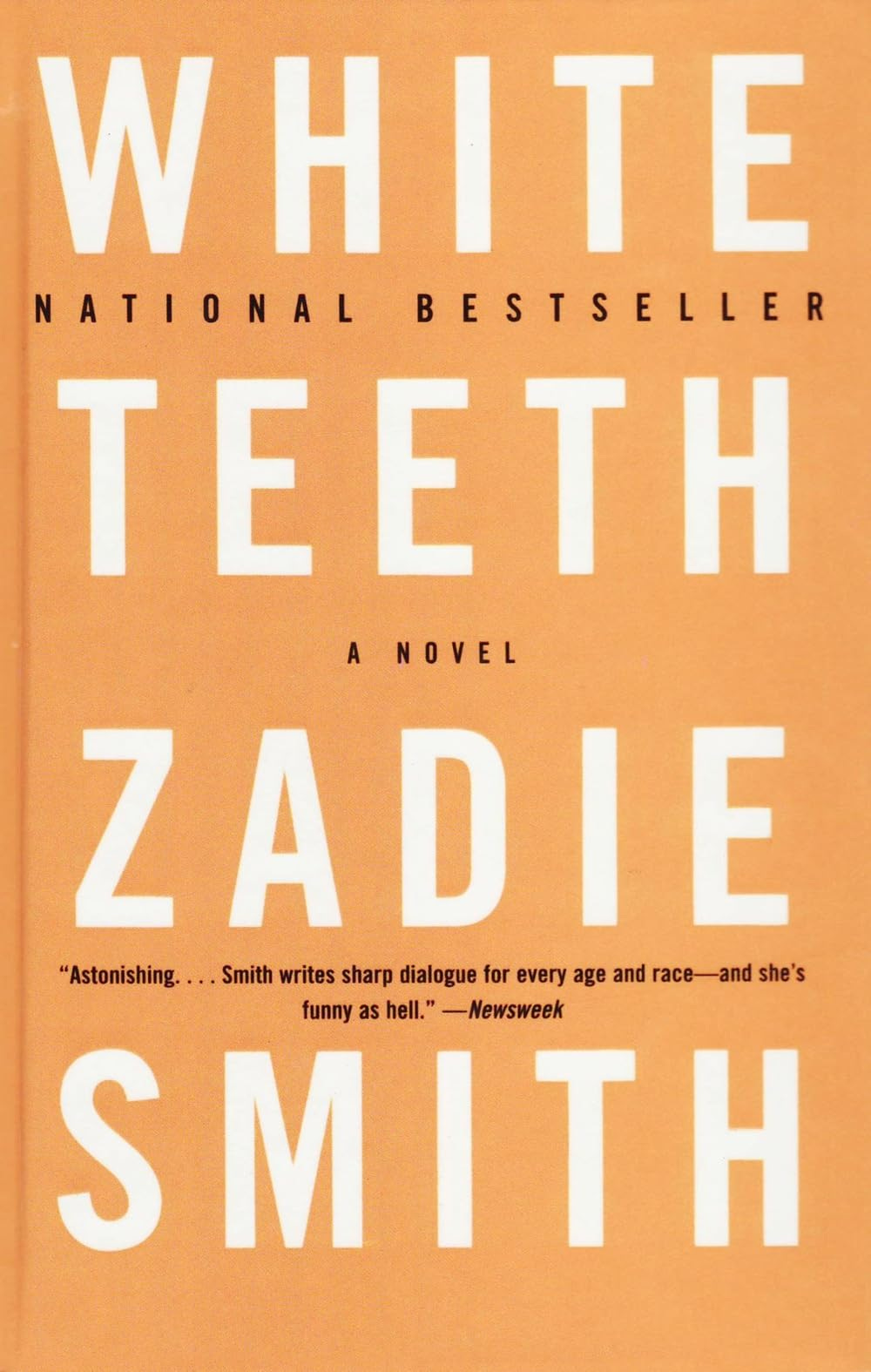
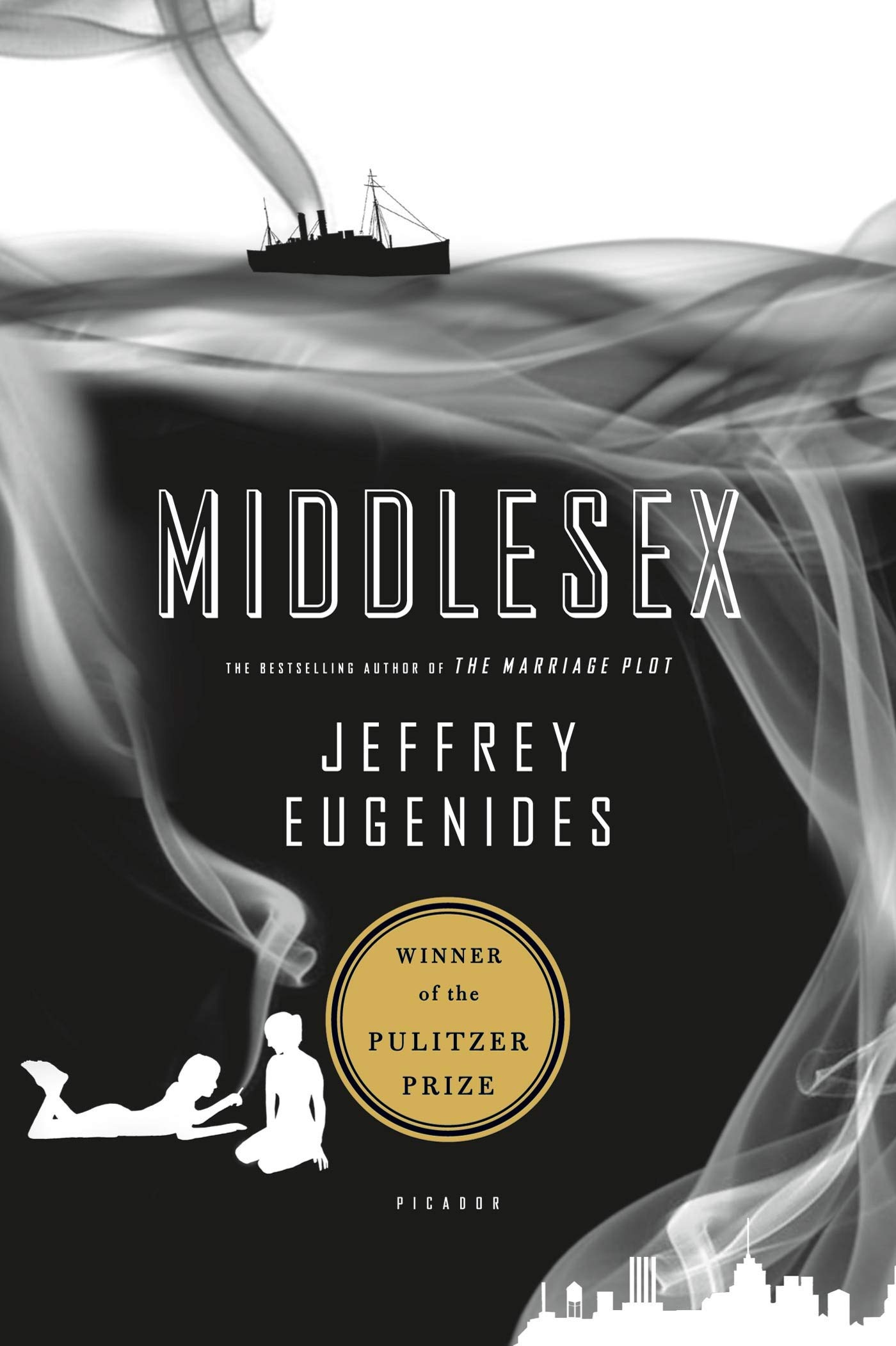
Breaks of the Game is so good. I was really sad when Halberstam passed away as a passenger in a car accident.